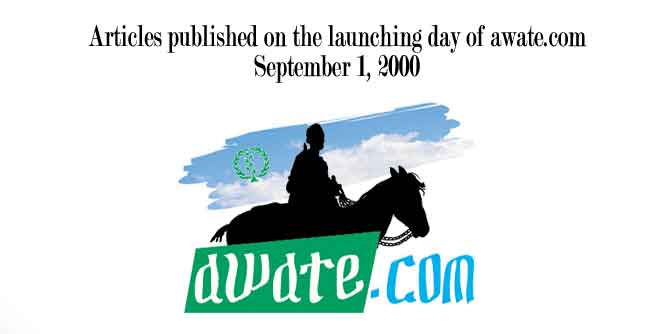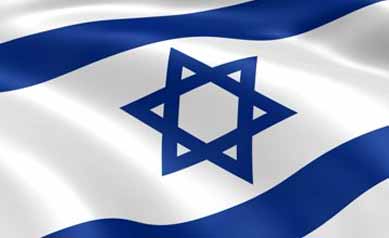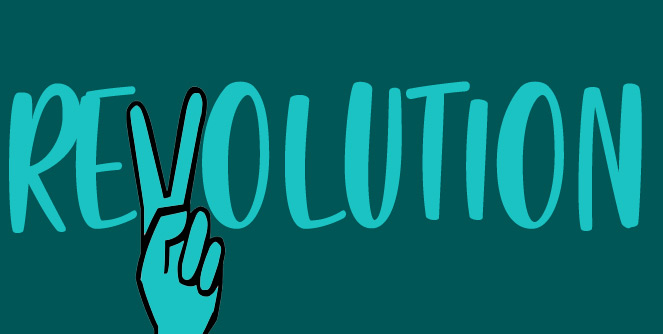Freedom of Expression

It is common knowledge that the source of expression is thinking, and therefore any musing on freedom of expression begins with freedom of thought. Bertrand Russell is often quoted for stating:
“Men fear thought as they fear nothing else on earth – more than ruin and even than death… A thought is subversive and revolutionary, destructive and terrible, a thought is merciless to privilege, established institutions, and comfortable habit. Thought looks into the pit of hell and is not afraid. A thought is great and swift and free, the light of the world, and the chief glory of man.”
What is the power of thought worth in Eritrea? The answer is very little at the moment. Thoughts that remain secret have no power to influence others until they are shared. Most of the thoughts that float around Eritrean households lack the necessary arrangements to reach the general public and therefore remain within an ineffectual perimeter. Today, the most talked about topics in Eritrean families fall under two categories: the loudly acknowledged and silently murmured. The loudly acknowledged topics include the concern regarding the unresolved conflict with Ethiopia, the untrustworthiness of the Ethiopian leadership, Ethiopia’s covetous and vindictive politics. On the other hand, the silently murmured topics are losses incurred by the conflict, the plight of the Eritrean families, the destiny of those at the war front, the need for change and so forth. Those privately expressed thoughts need to evolve to open discussions so that the government and the governed can reconcile some of the discrepant differences and come to rational decisions by the advancement of freedom of expression.
There is no question that the government has the greatest power in restricting freedom of expression in Eritrea. At the same time, it is true that Eritreans are actively involved in their communities and have learned not to openly express their opinions to points of view they feel will weaken or threaten the political, social or moral order. Many believe autonomy and personal freedom must be compromised in favour of a wholesome and comforting society, that society’s needs are more important than the individual’s. Many knowledgeable Eritreans have demonstrated that the degree of Eritrean society’s desire for a morally, politically, and socially stable social order outweighs individual rights. And this phenomenon is manifested during the Eritrean/Ethiopian conflict. As the Ethiopian forces invaded Eritrean territories in May 2000, Eritreans inside and outside the country remarkably opted for a reduction of their individual rights in order to confront Ethiopia’s aggression through various means – demonstrations, personal contributions, letter writing and fund-raising campaigns. Even though Ethiopia, due to sheer numbers, scored a number of military victories, Eritreans confronted the aggression with perseverance and their spirit is still soaring. This postulation illustrates the presence of a strong solidarity among the majority of Eritreans.
Ordinarily, one would define Eritrean solidarity as the system of social relations linking individuals to each other and to society as a whole. This system of interchange forms a vast network of conscientious solidarity that extends to the whole range of social relations and acts to link individuals together to form a common social unity based on similar beliefs, values, and customs. This solidaristic bond of the individual consciousness seems to depend on the Eritrean ‘collective consciousness’. In other words, one can argue that individuality is something that mostly society possesses at the present time. Moreover, since the mechanics of the Eritrean government is based on a strong sense of collective culture, unfortunately, its tolerance towards individuality has become very low and consequently, freedom of expression is not getting the appropriate chance to flourish.
Freedom of expression is one of the most essential elements of being a free person and of having a free society. The importance of freedom of expression in self-development, in human interactions, and in relationships between the government and the citizens makes it not just an interesting topic, but one that is crucial to people’s lives. To make progress towards a better future then both the government and the governed should understand the gravity of freedom of expression and use it to their mutual advantage. In other words, freedom of expression is one of the great tests of the real integrity and trustworthiness of Eritrean citizens and the leaders.
On the other end of the solidarity spectrum lies a group of a different genre. Many of these individuals seek to break loose from the prescribed ties that has been forged over the years and form a more organic solidarity with Eritrea. They are of the belief that Eritrean society can flourish when individual Eritreans have the full and unhindered freedom to explore the ‘reality ’ and that Eritrea will be at its best when individual liberties are unchallenged. They believe one way of enhancing the traditional solidarity is by starting a dialogue between the leaders and the led, a process that can be set forth by seriously advocating for freedom of expression in the country.
Many members of the avant-garde are of the opinion that to start a dialogue, a critical dialogue in particular, between the Eritrean leadership and citizens is something that should be sneered at as an inadequate device. Those biased adherents of the party incessantly seek to rule the world of outspoken Eritreans either by intimidation, denunciations or ostracism. Eritrea cannot afford to sustain such excessive nationalism as demonstrated by the party ‘faithful’ who happen to believe that thinking aloud is a moral and political sin. They are stifling freedom of expression and have paralysed the communication channels. The advances of the human soul can remain sluggish if loyalty to a petrified opinion does not change.
The leadership should change its attitude towards the freedom of expression. When an expression is repressed, people are not exposed to ideas they can think about or that will stimulate their own original thoughts. In the written policies leaders express their support for human values and open dialogue with the stiffened citizens. But inconsistency, weakness, and inability to act manifestly themselves when they are confronted with the concealed and open language of mendacity, not to mention malevolent self-censorship among the members of the ruling elite.
If freedom of expression is perceived to be necessary to the preservation of a way of life that keeps the citizens productive and actively involved, so should the free exchange of ideas, particularly those that challenge orthodox beliefs. It is therefore in the interest of Eritrea not to hastily condemn the scrutiny of government demeanour as a check on the power of the government. In the assumption that enlightened citizens who disagree with one another are all trying to tell what they perceive as truth, and that neither the government nor the citizen will ever present the whole truth, average citizens also need access to the views of those who are not in power. It has to be realised that the enlightened citizens have a different agenda from the leaders. The leaders seek to stay in power as long as possible, whereas the enlightened citizens seek to publish the truth as they see it. To sustain the intellectual development of a nation citizens must ensure that they also have access to the views of their sagacious fellow citizens, particularly those who find faults within the system and detect leadership frailties.



Awate Forum